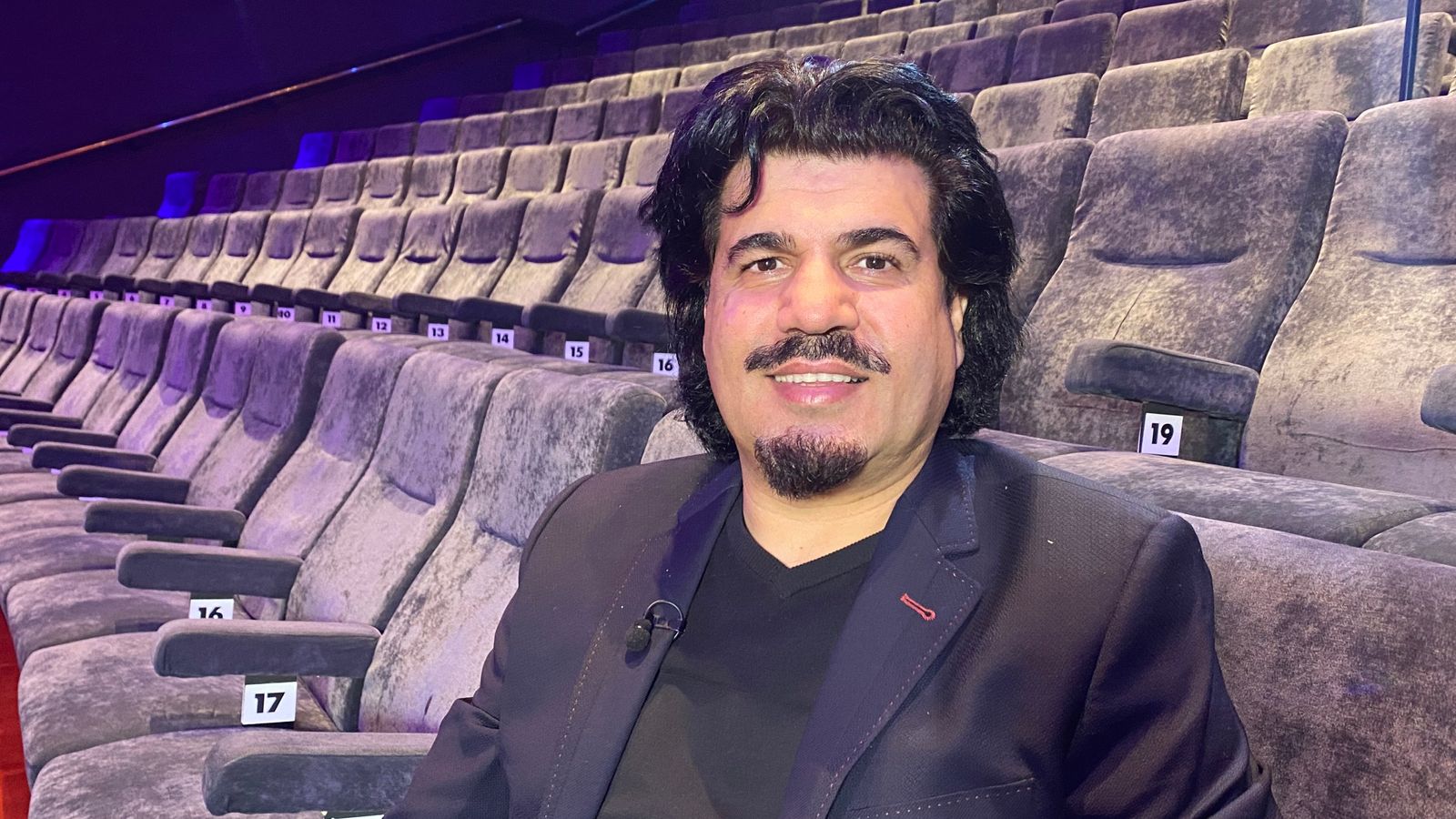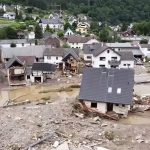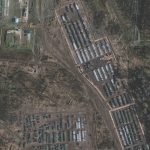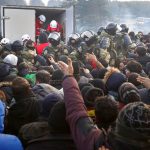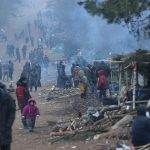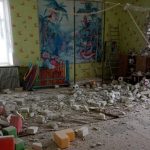Classical musician Homayoun Sakhi was born in Kabul and plays the Rubab, the national instrument from Afghanistan.
This weekend it’ll be heard on stage when he performs at a benefit concert in London but for those living in Afghanistan it is a sound they no longer get to hear.
Please use Chrome browser for a more accessible video player
“Our people… they need peace, they need music…. we have to help them,” he insists.
When the Taliban were first in power over two decades ago they banned all forms of music-making other than religious singing.
Since reassuming control of Afghanistan, they’ve introduced a ban on music in public places and videos on social media – and while not possible to independently verify – some footage appears to show musicians with bruises and torn clothes and musical instruments being smashed with rocks.
“Honestly, when I saw that, it felt like they are burning my heart,” Sakhi says.
“Behind music there is [so much] history… generation after generation… we have so many great songs and I think people, they need it.”
Afghanistan: British troops given medal recognising Kabul evacuation
Afghanistan: UN seeks record $5bn in aid to prevent ‘suffering’
Afghanistan: Baby who went missing after being handed to US soldier over Kabul airport wall reunited with family
In the last decade, ethnomusicologist Mirwaiss Sidiqi had returned to his home country to work as a director for two music schools. They closed overnight when Kabul fell.
‘People are afraid to perform’
Photos he shows of the musicians he used to know, now have to be blurred to protect their identity.
“There are no words to express how musicians were neglected during this whole process,” Sidiqi says. “How is it morally possible to leave those people in the same situation [they faced], like 20 years ago?
“Teachers and students were afraid of going back to school and doing musical activities. The Taliban actually officially announced that the musicians had to change their profession, so they’re not allowed to perform, they’re not allowed to do any musical event. They are afraid.”
Sidiqi says he receives daily phone calls from musicians in hiding who can’t afford to eat because they can’t earn any money.
“If they practice their job, their art, they will be risking their life… if they do not practice, they are risking their life through starving,” he says.
While the UK and US evacuation from Afghanistan made front page news last August, Sidiqi says there is frustration and anger from those who need the West’s help and that nobody seems to be listening.
“In Western countries they have a duty to support those who served them, who [provided them in Afghanistan with] enjoyable days and night,” he says.
“They are starving and there is no one to help them, they are crying for help… and the UK government should have a moral duty to help artists who have no voice.”
‘Breaking the Silence: Music in Afghanistan’ and ‘Songs of Hope: A Benefit Concert for Afghanistan’ take place at The Barbican on 22 January with proceeds being donated to EMERGENCY, Learn and MMCC.
